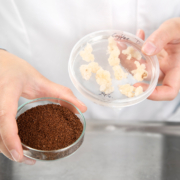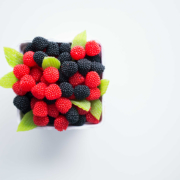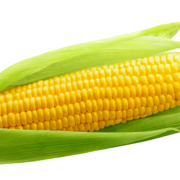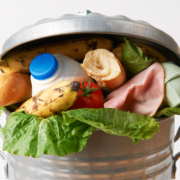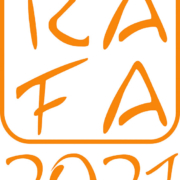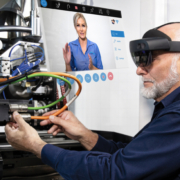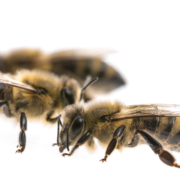Finnish researchers grow sustainable coffee with cellular agriculture
VTT Technical Research Centre of Finland has successfully produced coffee cells in a bioreactor through cellular agriculture. The innovation can help to make the production of coffee more sustainable. The first batches produced by VTT in a laboratory in Finland smell and taste like conventional coffee.


